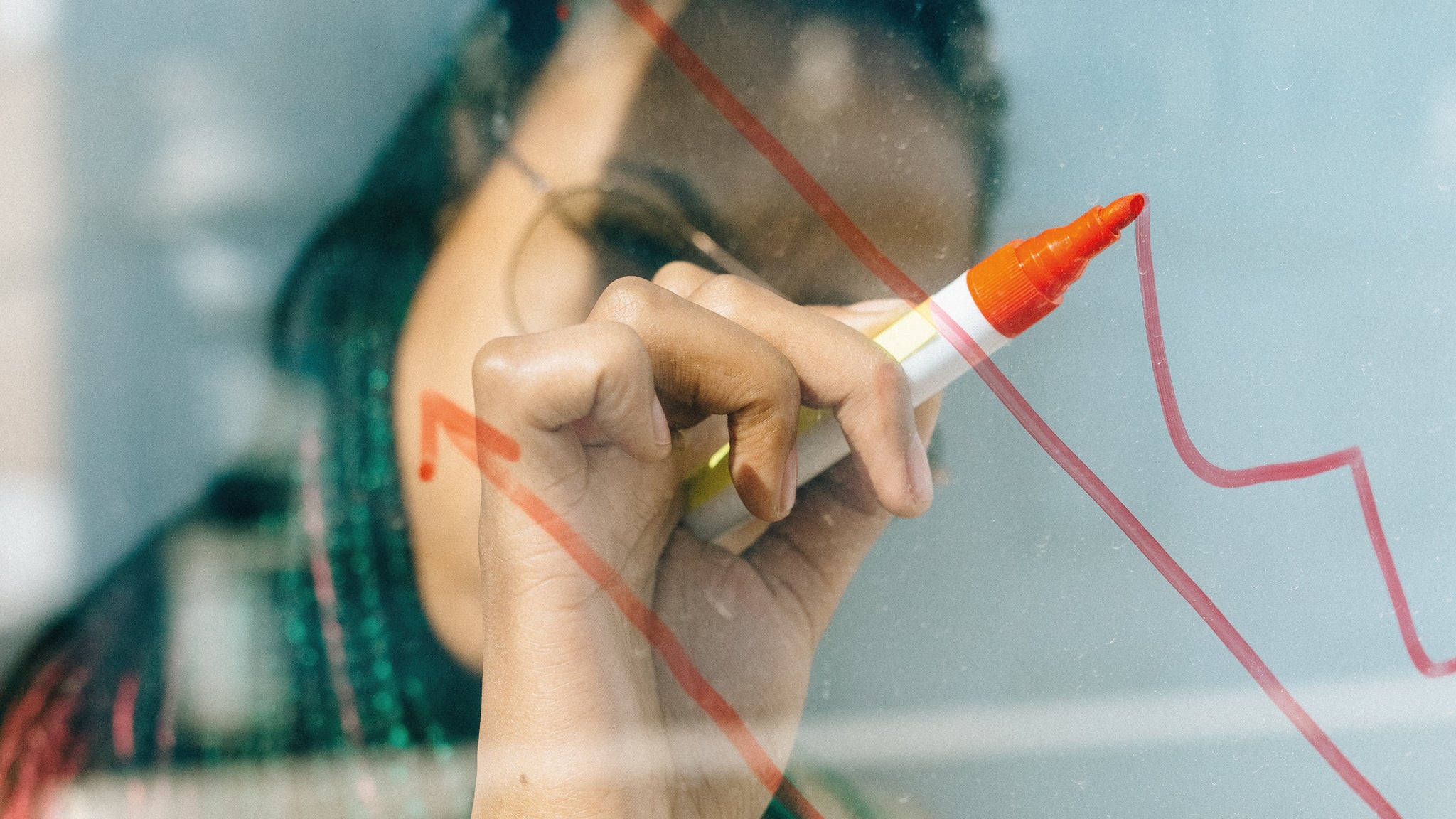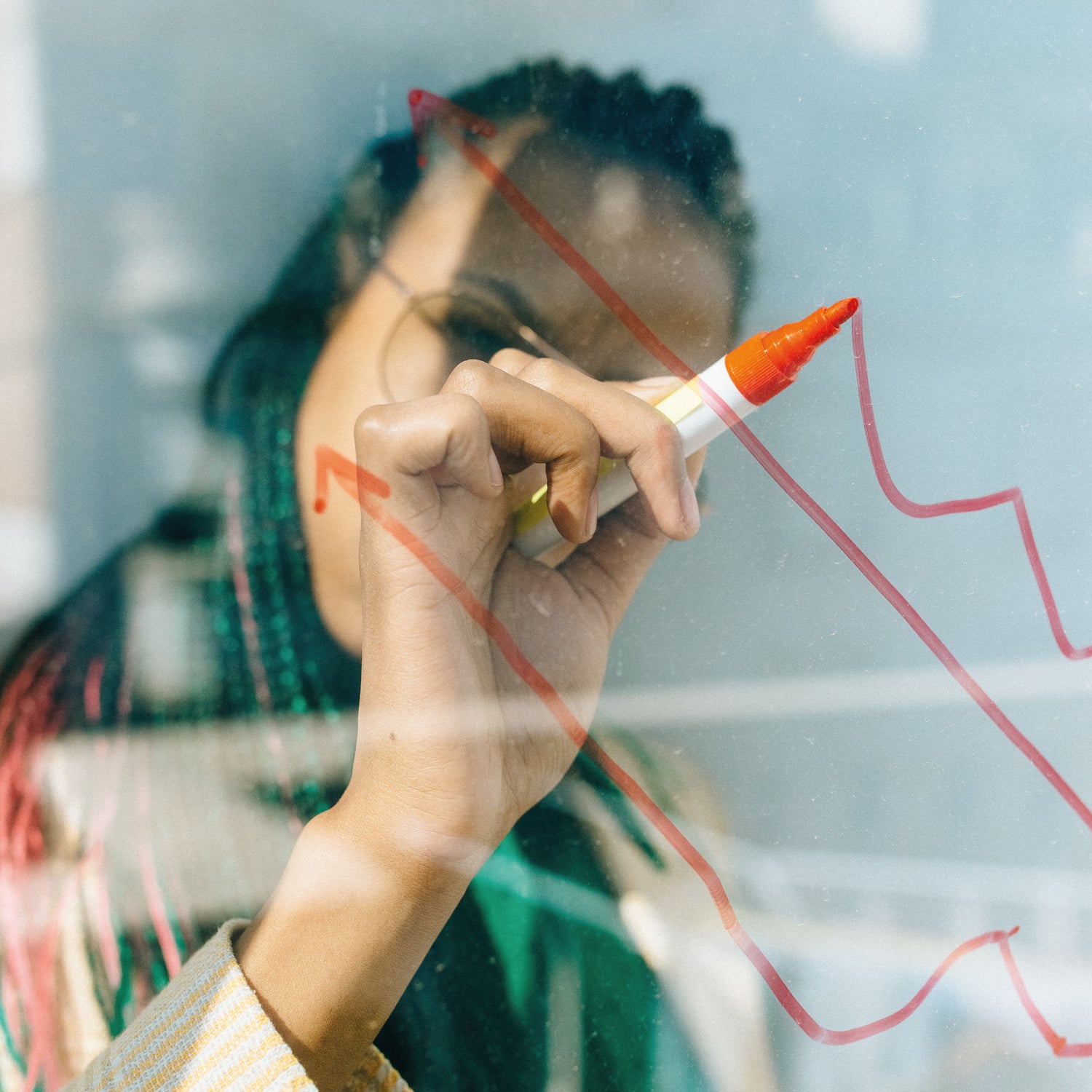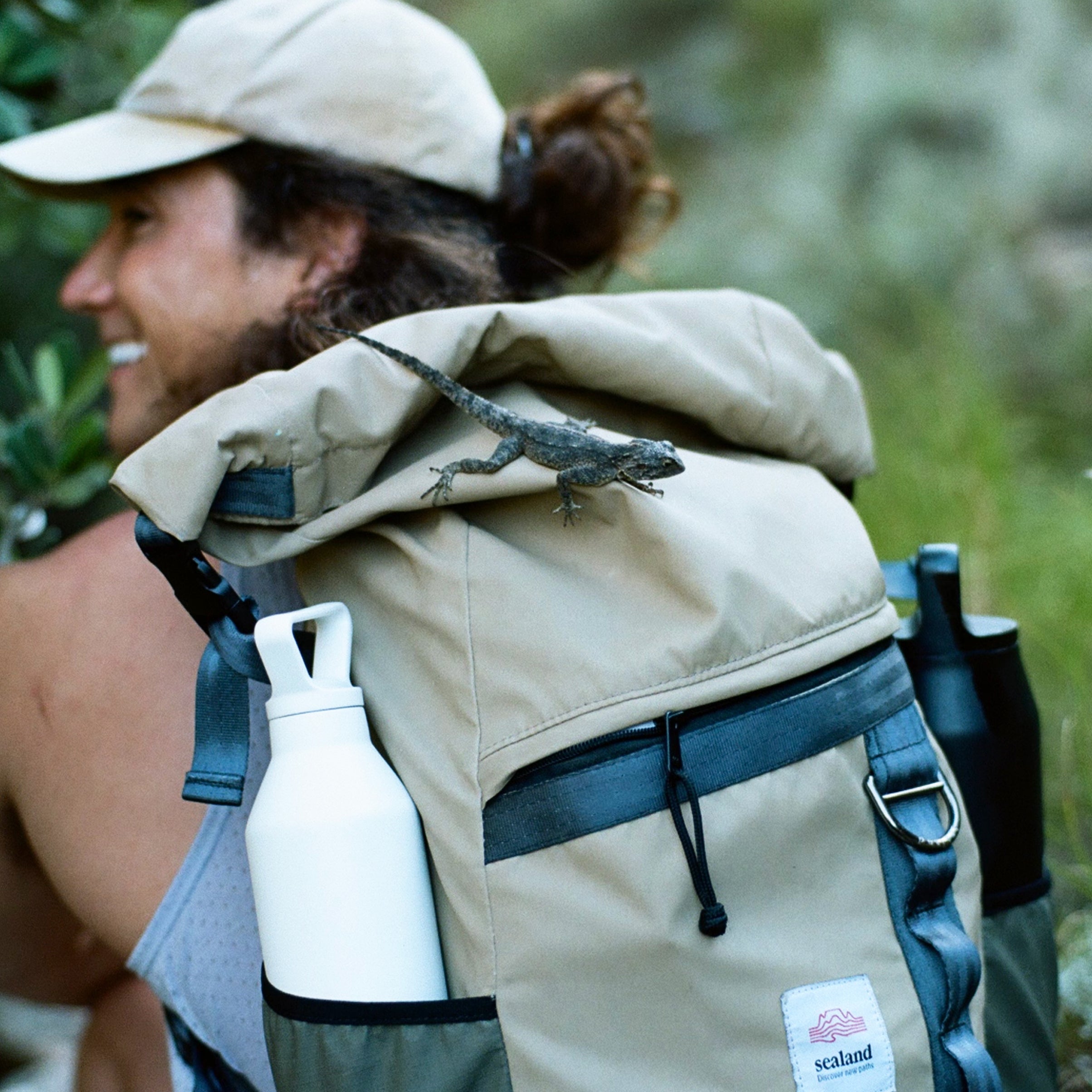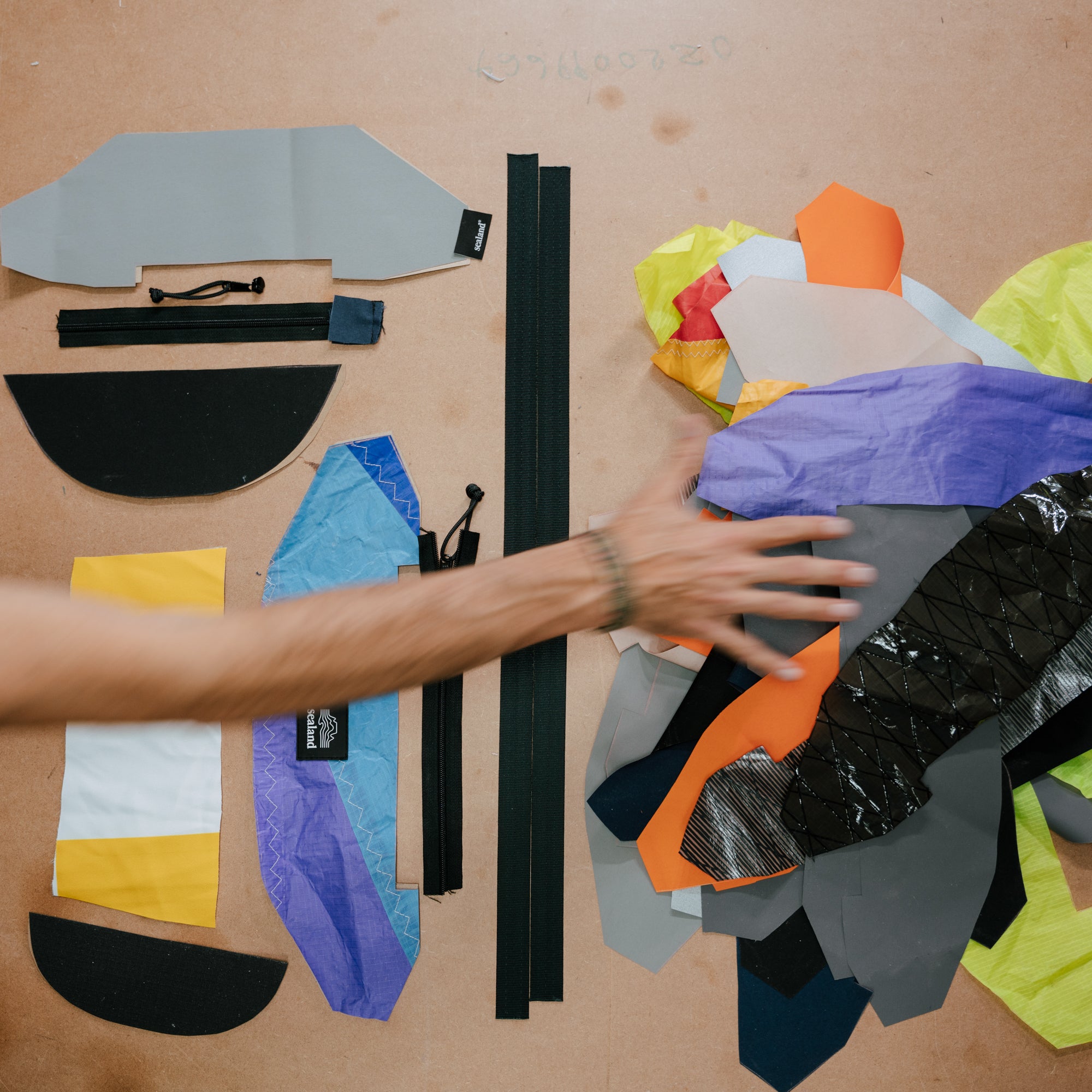As we have become more exposed and better informed, so we have become more aware of the potential impact our choices have. This is leading to a rise in ‘conscious living’ and the changes associated with how to live a more responsible life. Now that we are becoming more aware of our impact, we can be empowered through the choices we make.
The scope, scale and complexity of these challenges can be overwhelming even for those who are moved to make a change. Once we understand the responsibility we carry and the power that our choices hold, we can break down this complexity. We can attempt to move towards a better future by making small changes, which in unity have a great and lasting impact.
Little changes with big impacts
Both businesses and consumers have an impact. Many corporations have honoured their responsibility and commitment to the environment and communities in which they operate through their CSI (corporate social investment) spending and activities. But there is still room for many businesses to do more. As consumers and citizens, we too have begun to make changes to have a more positive impact. But again there is room to do more. We have set out some ideas around how to spend and invest more responsibly below.

Spending – Finding common cents
South Africans spent approximately R12 trillion in 2021, according to Statista. The money we spend has the power to shape the products that companies produce, the packaging and supply chains used as well as the services that are provided. With such spending power, imagine how we can shape the future.
We can look for more sustainable alternatives and companies that advocate for processes like eco-conscious packaging, and an increased consideration for the use of recycled material.
Overconsumption particularly with ‘fast fashion’ is one of the biggest contributors to excess waste, and causes environmental and social problems. Over the past two decades, annual textile production has doubled, and the consumption of textiles has increased from 7kg to 13kg per person per year. As an alternative to fast fashion, we can choose to use circular economy and sharing economy solutions. This includes resale and rental as well as buying from businesses that advocate for closed loop production methods.

Investing – The unseen path to protecting our future
This is perhaps the most underutilised area of impact you can have with your money and your choices. We entrust our money and the power it carries into the hands of those who offer investment products to us. We need to understand the impact that the companies / assets that we invest in have on the environment and society, as well as how they manage the risks associated with operating in the way they do. By simply asking your financial adviser or investment manager how actively they engage with the companies you are invested in, how sustainable they are or what the ESG (environmental, social and governance) risk score of your investment portfolio is, you can take the first step towards making choices that recognise the power your money has. You can invest in the future that you are saving for.
Some sources suggest that the average person makes a staggering 35,000 choices per day with researchers at Cornell University estimating that we make around 227 choices per day on food alone. Each choice carries a responsibility and an opportunity that lies in the palm of our hands through the money we spend. Meaningful change will take time and a commitment from each of us to play our part as empowered citizens. Our choices can make us agents of change.





